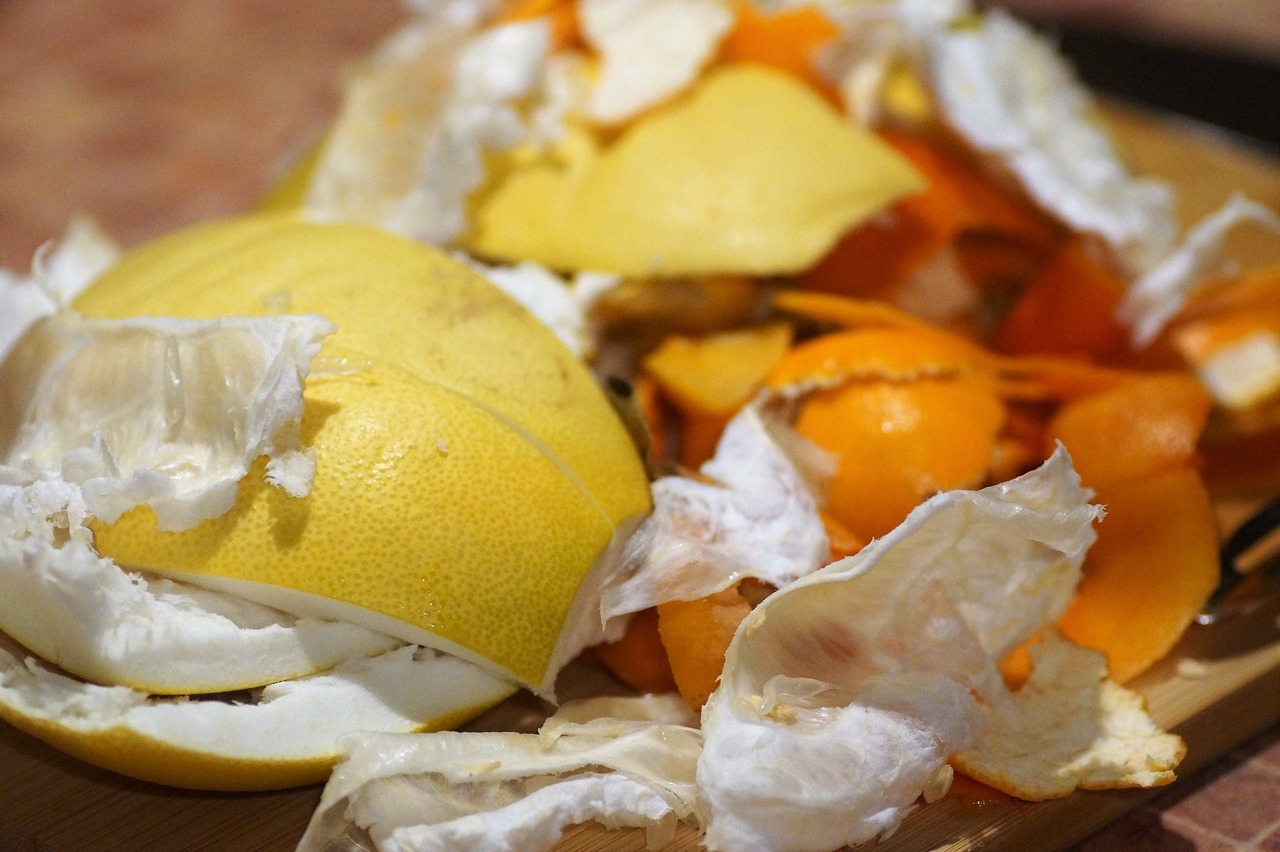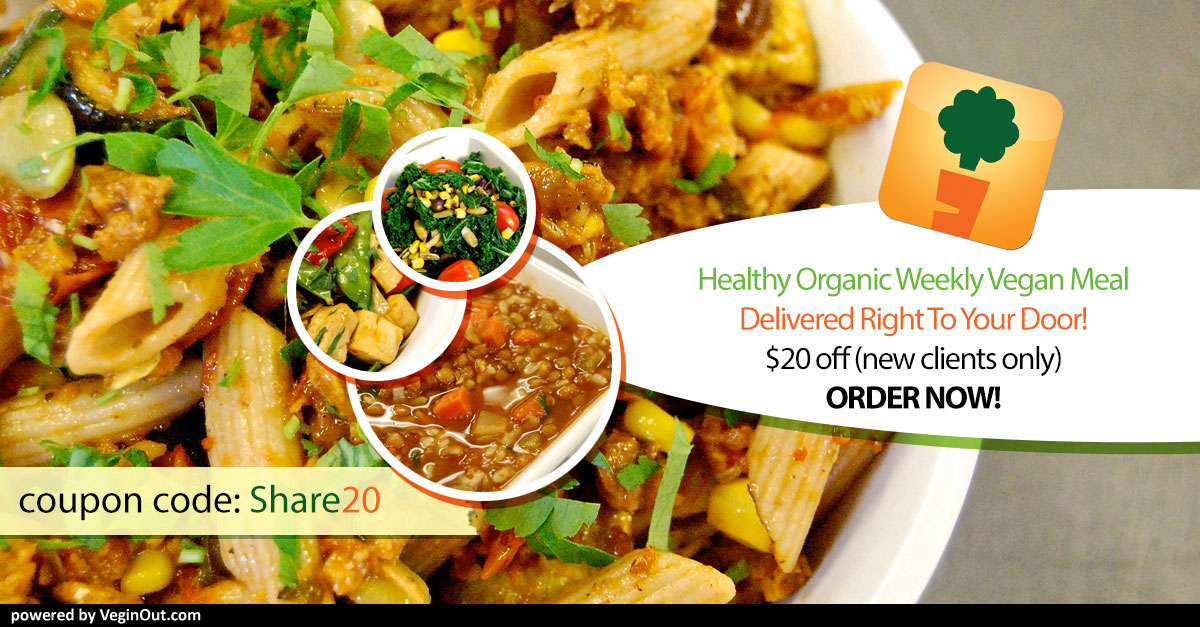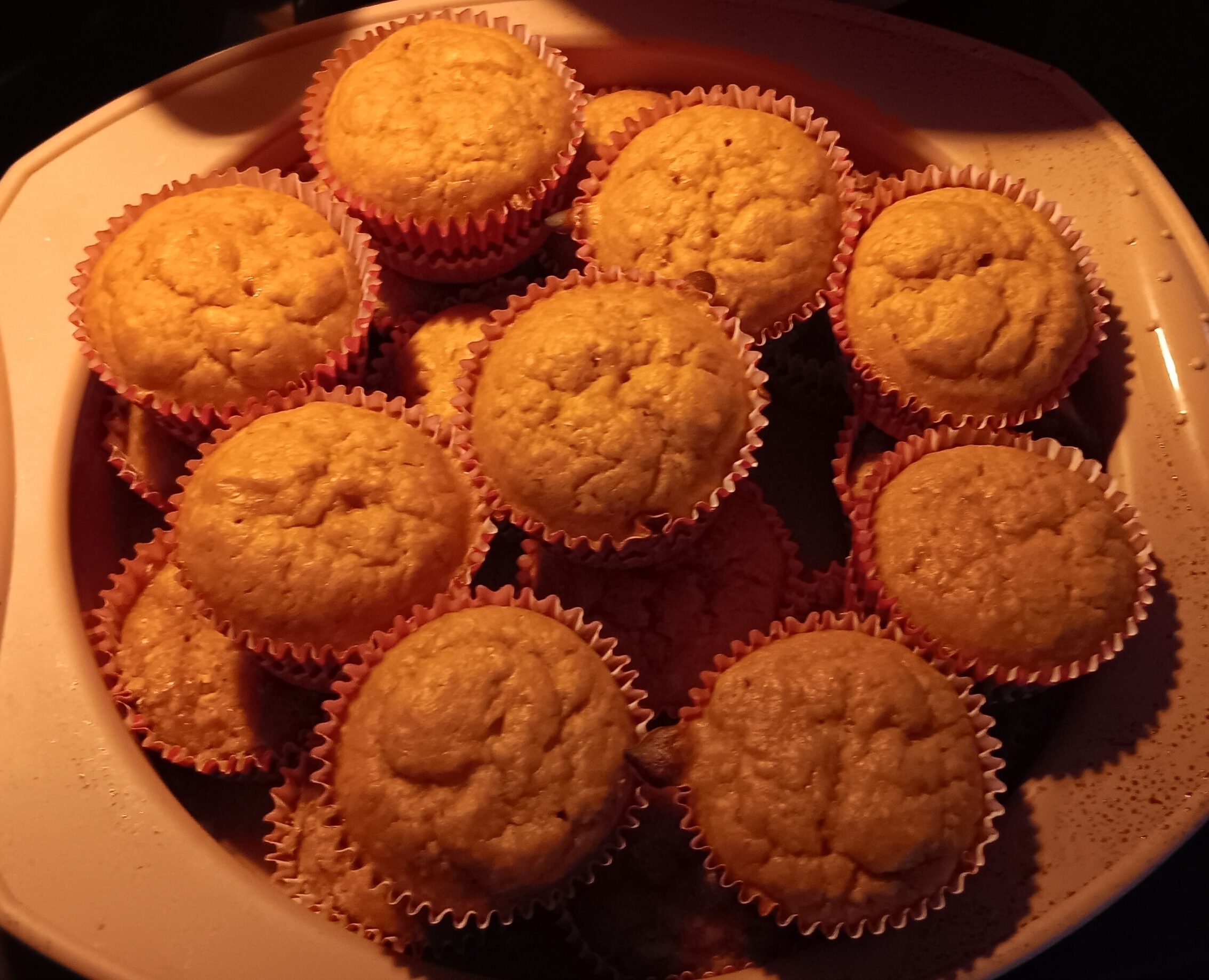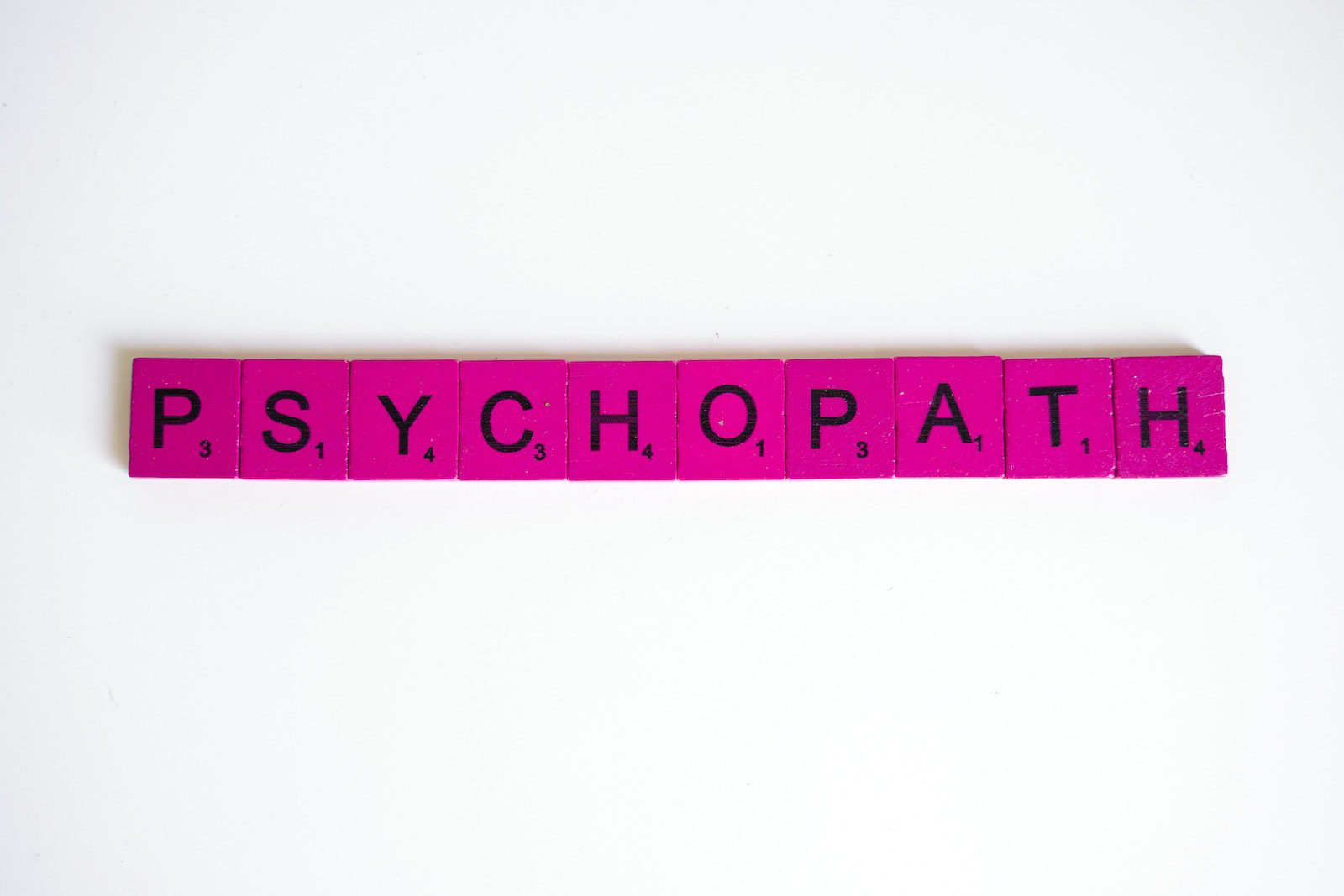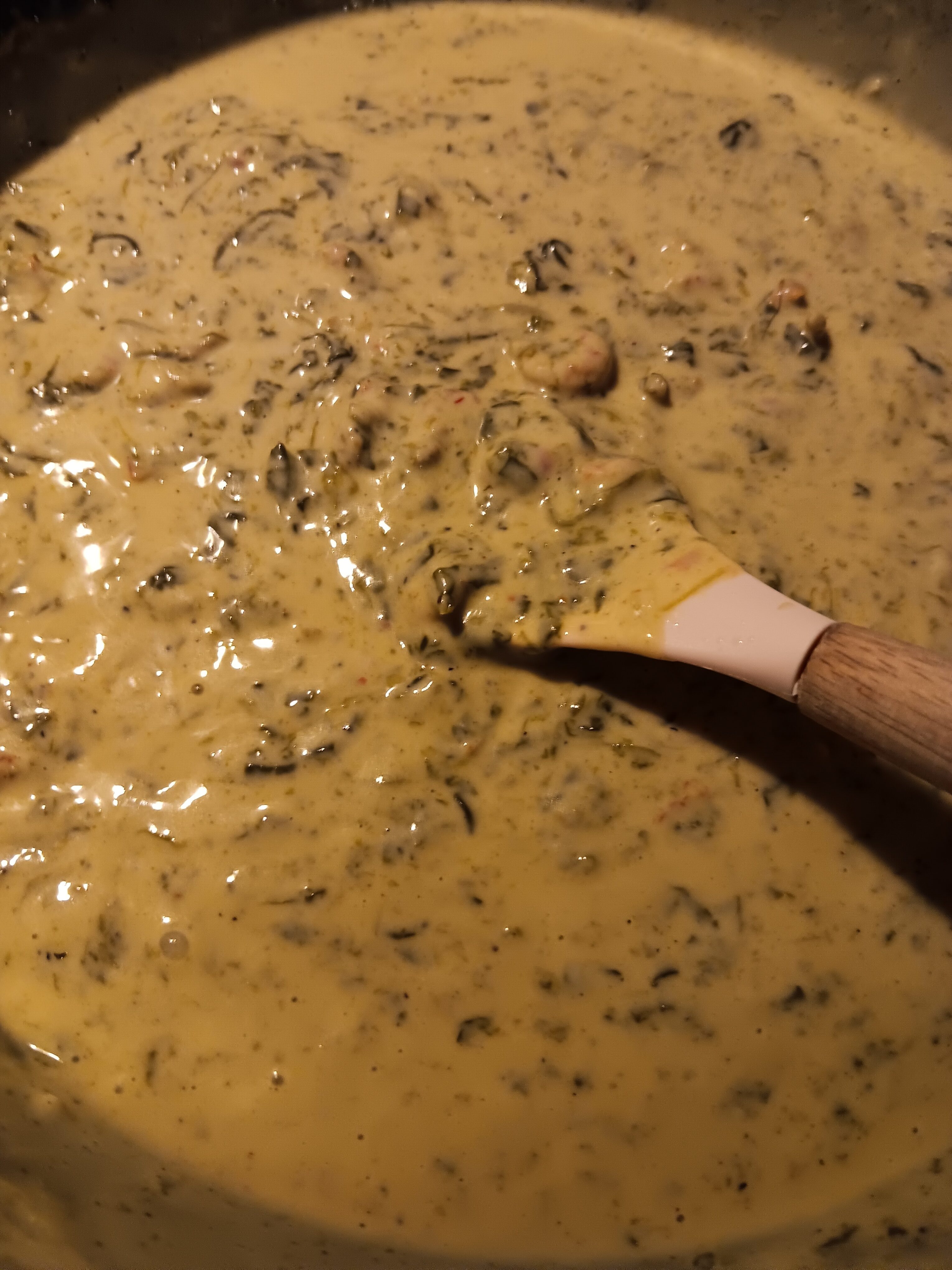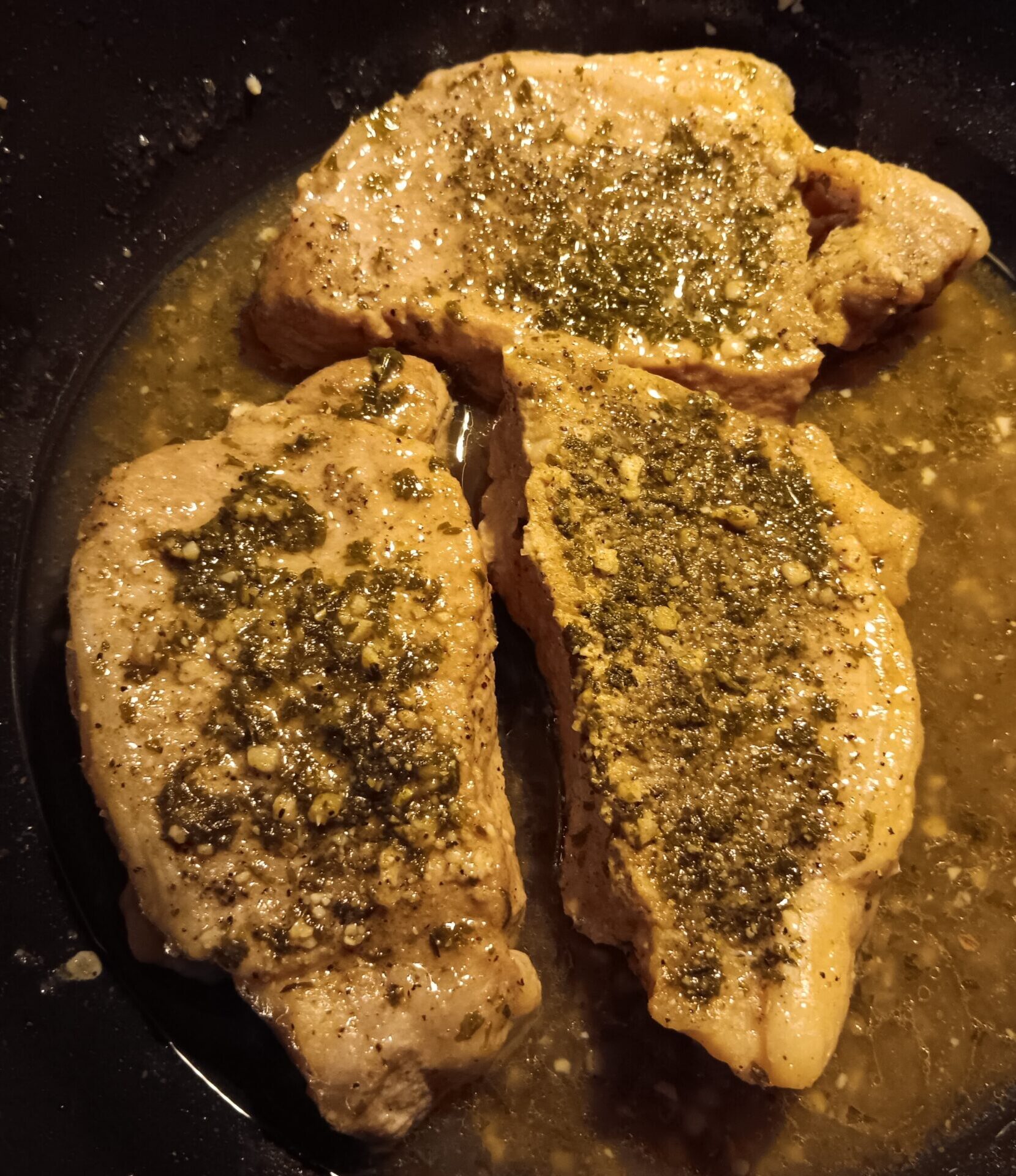Composting for a Sustainable Garden: How to Turn Food Scraps into Nutrient-Rich Fertilizer
Learn how composting transforms food waste into natural fertilizer for your garden while reducing landfill waste. Discover simple, affordable ways to start composting at home today.
As we shift towards more sustainable living, composting has emerged as an essential practice in maintaining healthy gardens and greenhouses. By starting a composting system on your property, you’re doing more than just feeding your plants—you’re helping reduce landfill waste while promoting a cleaner, healthier environment. In this post, we’ll explore how composting can benefit your garden and show you how easy it is to start composting at home with simple, affordable materials.
Why Composting Is Essential for a Sustainable Homestead
Composting serves two critical purposes:
- Providing essential nutrients for plant growth
- Reducing landfill waste by repurposing food scraps
By composting, you’re helping your garden flourish with nutrient-rich soil, which promotes the growth of larger, more bountiful plants. But beyond that, composting ensures that food waste stays out of landfills, where it would otherwise contribute to methane emissions—a major factor in climate change.
While not all food waste can be composted, living a more sustainable lifestyle, focused on natural and whole foods, will naturally result in more compostable scraps.
Building a Simple, Affordable Kitchen Scrap Compost Bin
Starting your composting journey doesn’t have to be expensive or complicated. With just a few basic supplies, you can create your own kitchen scrap composter:
- A small garbage can: Choose a round, square, or rectangular can with an airtight lid. This helps contain odors and keeps the composting process manageable indoors.
- Carbon filters: You can find affordable carbon filters on sites like TEMU, in either round or square shapes, depending on your garbage can. These filters absorb any unpleasant odors that might arise from composting inside your kitchen.
Once you’ve set up your composter, start adding the right household materials. This includes fruit and vegetable scraps, coffee grounds, eggshells, and other natural waste from your kitchen. Avoid adding meats, dairy, or oils, as these can attract pests and produce foul odors.
As your compost begins to break down, it transforms into a nutrient-rich fertilizer that you can use in your garden or greenhouse. This eliminates the need for chemical-laden fertilizers sold in retail stores, which often seep harmful substances into the soil and the food grown in it.
The Benefits of Composting for Your Garden
1. Boosts plant growth naturally
This provides plants with essential nutrients like nitrogen, phosphorus, and potassium, which are necessary for growth. Unlike synthetic fertilizers, which may harm the soil over time, compost enriches it naturally, helping your plants grow stronger and healthier.
2. Saves money on fertilizers
When you compost your food scraps, you’re creating your own natural fertilizer at no extra cost. This can save you a significant amount of money in the long run, especially when compared to store-bought fertilizers, which are often expensive and filled with harmful chemicals.
3. Reduces waste and lowers your carbon footprint
By learning to compost, you’re reducing the amount of waste that ends up in landfills. Food waste in landfills breaks down without oxygen, producing methane—a greenhouse gas that contributes to global warming. Natural compost in your garden is a more eco-friendly solution, as it returns valuable nutrients to the earth rather than releasing harmful gases into the atmosphere.
Household Compost: The Most Natural and Healthiest Fertilizer
Composting not only helps reduce waste and provide nutrients to your garden but also eliminates the need for chemical fertilizers. The fertilizers you purchase from most retail stores often contain synthetic chemicals that can contaminate the soil and, ultimately, the food grown in that soil. These chemicals can pose health risks to both you and your family.
On the other hand, compost is 100% natural, containing no harmful substances. By using compost, you’re contributing to a healthier food system—one that’s free from harmful additives and more sustainable for the future.
Ready to Start?
If you’re looking to build a more sustainable homestead, composting is one of the easiest and most effective steps you can take. It’s an affordable, environmentally friendly practice that benefits both your garden and the planet. By repurposing your food scraps into nutrient-rich fertilizer, you’re making a positive impact, reducing waste, and creating healthier soil for your plants to thrive in.
Don’t wait—start your composting journey today. It’s time to take control of your waste, reduce your carbon footprint, and give your garden the most natural, healthiest fertilizer available.
Key Takeaways:
- Household compost provides vital nutrients for plant growth and reduces landfill waste.
- A simple kitchen composter can be made using an airtight garbage can and carbon filters.
- Composting reduces the need for chemical fertilizers, saving money and protecting your health.
- Learn to compost today to make a positive impact on your garden, your wallet, and the environment.
Together, we can build a more sustainable future, one compost bin at a time.

